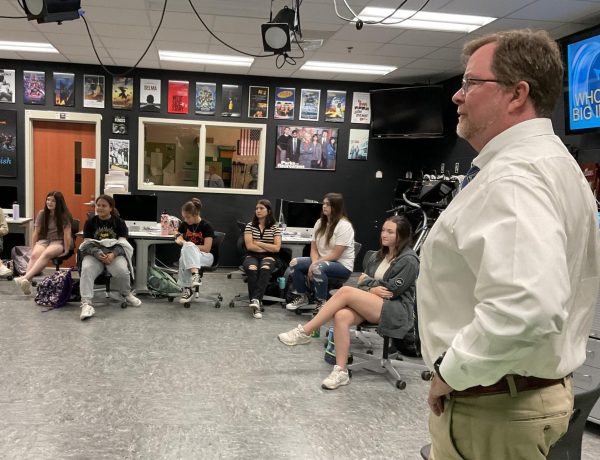Too Fast, We’re Furious
An online search of the Paul Walker crash, like the snapshot of the one above, leaves many questions unanswered.
As many are aware, famous and beloved actor Paul Walker, best known in filmography for his role in the Fast and Furious franchise, passed away in November of 2013. The last movie he ever filmed, Furious 7, was just released and is already making millions, nearly two years later, even though Walker hadn’t finished filming his scenes. How is this possible?
By using CGI, or computer generated images, the filmmakers were able to take people who had body types similar to Walker and complete his scenes by superimposing his face and voice over the doubles from previous footage. Think about that — he wasn’t around for most of the filming, and yet they were able to continue on without him. This brings up an interesting question: In a world where actors don’t even need to be a alive, has science gone too far? Do we even need new actors now that we can digitize the old ones?
In the upcoming movie Terminator Genisys, Arnold Schwarzenegger is playing both of two roles – one where he is at his current age of 67, and the other while he is back in his 40’s. Thanks to the same technology used to posthumously re-create Walker, Schwarzenegger is able to both appear as an old man and a young one. Aging people with CGI is a neat trick; there’s nothing wrong with it at all. But is nowhere near as volatile a subject as post-death filming. Yes, with millions invested in Furious 7, it made financial sense to improvise in order to finish the film. Here’s the real issue: the producers chose to rewrite the script of the film so Walker’s character would live (and not be conveniently killed offscreen) meaning that they could continue the franchise – without recasting.
With one move, Universal Pictures turned this from a smart way to finish an unfinished film to a way to grab more money. This has become even more common over the years, the use of the death of a celebrity to sell more tickets. Of course, this isn’t always the case. Calling every movie studio greedy would be unfair. But we’ve already seen this recently — this past December, when the late Robin Williams’ last movie, Night at the Museum: Secret of the Tomb was released, the film had a greater than expected box office gross. Since the film was Robin Williams’ last movie, plenty of fans went to see the film solely to see their favorite actor in his send-off role. And it worked. This is not to say 20th Century Fox did this just to milk money, since they genuinely seemed to care for Williams, especially since the movie’s ending was a surprisingly poignant send off for the great actor.
Williams completed most his filming before his death, so there little to no need for a CGI stand-in. Walker also received a memorable send off in the end of Furious 7, and after the films release, the producers officially announced that Walker would not make any future appearances in the franchise. This was a huge relief, but it doesn’t mean that another producer won’t make a different decision in the future. What if another producer decided it would be a good idea to continue reusing a dead actor for his name’s value?
Then there’s this thorny question: How do you pay a dead man for a performance he had nothing to do with? Will his earnings, if he’s even given any, be given to his estate? How would the actor himself feel about this? The idea that people could recycle old actors through nothing but technology is actually sickening. How is the new talent supposed to break through if we have nothing but animated corpses on set? I’m glad Universal retired Walker, because as a fan of the Fast and Furious series, I would hardly find it right that they just CGI Paul Walker onto other people in the future, even if I enjoyed his performances. And that’s exactly it: I enjoyed his performances. I’d rather see someone new step up to the plate then have them digitize him in future movies. To touch on my older example, Schwarzenegger is The Terminator, but if I see him in a Terminator film years after he dies, that’s going too far.
The technology for CGI such as this is available to pretty much any filmmaker with a standard budget. Actors don’t even need to be present to be in movies anymore, and can be put in a film without their permission. Sure, the studio or individual producer would probably be sued, but the thanks to the internet, copies of the movie would always be available somewhere.
What stock do we put in actors if we can just make them up? Not only does this borderline on moral issues, it creates a plethora of legal ones as well, not even mentioning the damage it will do to the already breakneck profession of being a successful actor. While it’s often done as a kind sentiment, I hope for the sake of the actors that posthumous filming remains a last resort, if it needs to be done at all. With the thousands of actors out there, you don’t need to beat a dead “horse” for talent.
Check out our review of Furious 7 below.






